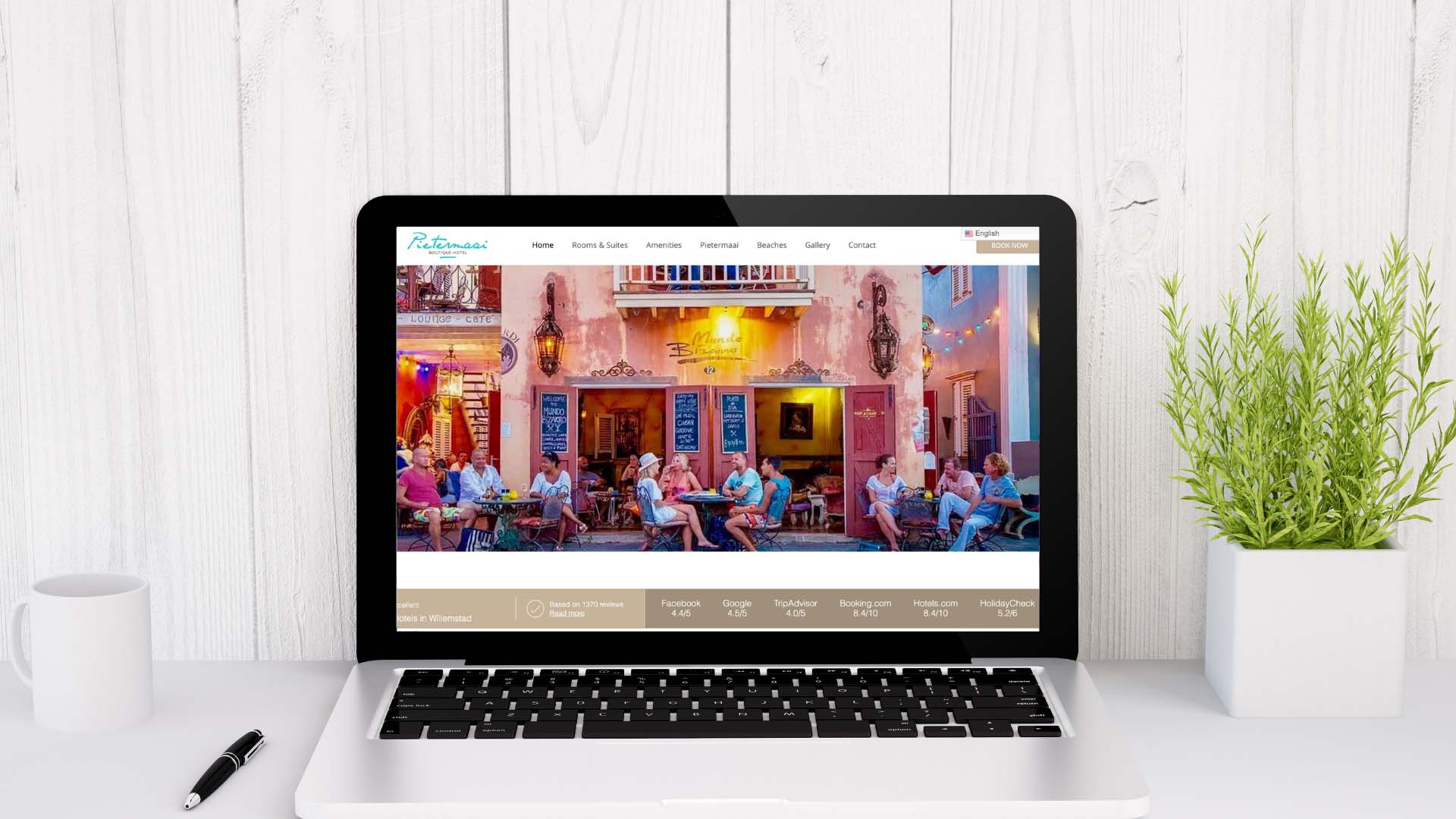In the modern age of travel, a hotel’s website is often the first point of contact between potential guests and your establishment. Independent hotels, in particular, must leverage their online presence to compete with larger chains and connect with their target audience effectively. A successful hotel website can make all the difference in attracting and retaining guests. In this article, we’ll explore the essential requirements for a successful hotel website tailored to independent hotels.
- User-Friendly Design: The design of your website is the first thing visitors notice. A clean, user-friendly layout with intuitive navigation is crucial. Use high-quality images of your hotel’s rooms, amenities, and surroundings. Mobile responsiveness is also vital, as many travelers use smartphones to browse and book hotels.
- Compelling Content: Well-crafted content that not only describes your hotel but also highlights the unique experiences it offers is key. Share the story of your hotel, its history, and its commitment to hospitality. Engaging text, combined with captivating visuals, can help convey the atmosphere and personality of your property.
- Easy Booking Process: The booking process should be simple, secure, and easily accessible. An integrated reservation system with real-time availability updates is a must. Provide clear instructions and multiple payment options to accommodate various guest preferences.
- SEO Optimization: To ensure potential guests can find your website, invest in search engine optimization (SEO). Use relevant keywords, meta tags, and regularly updated content to improve your website’s search engine ranking. This helps increase organic traffic to your site.
- Localized and Multilingual Content: If your hotel caters to international guests, having a multilingual website is a game-changer. It’s also beneficial to include localized content, including information about nearby attractions, restaurants, and cultural events.
- Engaging Visuals: High-resolution images and videos showcase your hotel and its amenities effectively. Consider using virtual tours and drone footage to give visitors a comprehensive view of your property. Visual content also keeps visitors engaged and encourages them to explore further.
- Customer Reviews and Testimonials: Incorporating customer reviews and testimonials can build trust and credibility. Showcase positive feedback from previous guests to provide social proof. Responding to reviews, both positive and negative, shows your commitment to customer satisfaction.
- Social Media Integration: Social media plays a significant role in promoting your hotel. Integrate social media feeds and sharing buttons on your website to encourage visitors to follow and engage with your hotel online.
- Email Subscription and Newsletter: Encourage visitors to subscribe to your newsletter for exclusive offers, updates, and travel tips. Building an email list enables you to maintain a direct line of communication with potential guests.
- Clear Contact Information: Ensure that your contact information, including a phone number, email address, and location, is prominently displayed on your website. Providing a live chat option for instant assistance can also enhance the user experience.
- Local Area Information: Offer comprehensive information about your hotel’s surroundings. Highlight nearby attractions, restaurants, and transportation options. Providing maps and directions can be particularly helpful for out-of-town guests.
- Mobile Apps and Booking Widgets: Consider creating a mobile app for your hotel and offering booking widgets for third-party websites and travel agencies. This can expand your reach and make it easier for potential guests to book rooms.
- Data Security: Guests need to trust that their personal and payment information is secure. Implement strong security measures and clearly communicate your commitment to data protection.
- Regular Updates: Keep your website up-to-date with the latest information, pricing, and special offers. An outdated website can deter potential guests.
- Analytics and Performance Monitoring: Implement analytics tools to track visitor behavior and preferences. This data can inform your marketing efforts and help you make data-driven decisions to improve your website’s performance.
In conclusion, a successful hotel website for independent hotels is a dynamic tool that combines great design, engaging content, and practical functionality. It not only serves as a booking platform but also as a marketing hub to showcase your unique offerings and attract travelers from around the world. By incorporating these essential requirements, independent hotels can stand out and thrive in a competitive industry.
John Laclé, Managing Director
October 22, 2023
